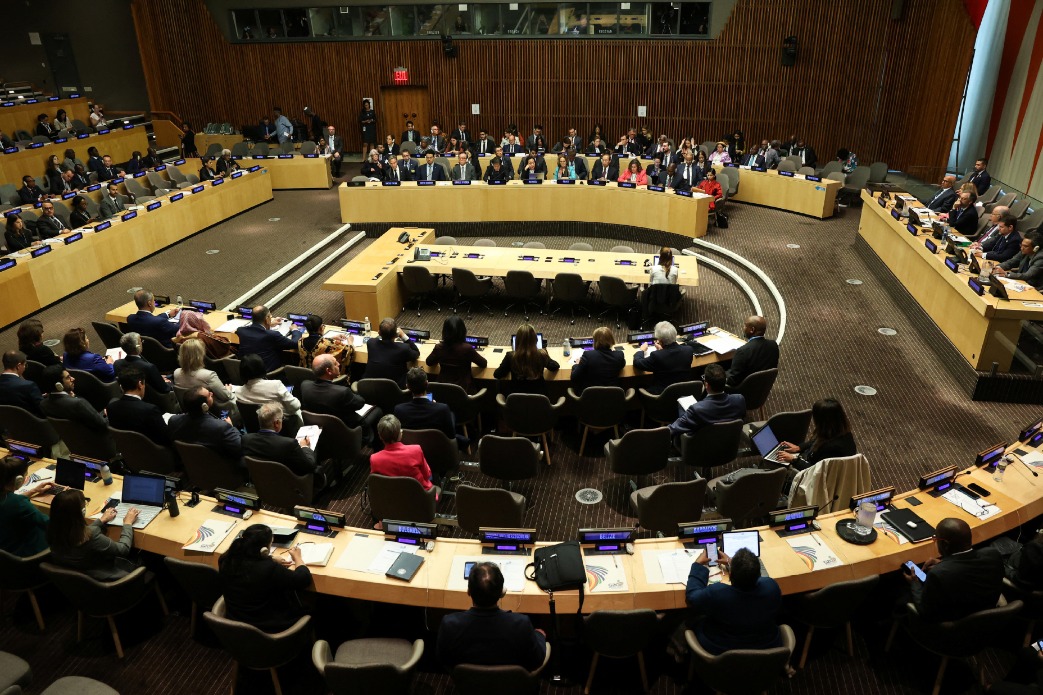Labour members oppose govt plan to cut fuel payments


In a vote at the Labour Party's annual conference, members opposed party leader and United Kingdom Prime Minister Keir Starmer's support for government cuts to winter fuel subsidies for elderly people, a move Starmer says is necessary for economic recovery.
The vote piles pressure on the PM, who, despite attempting to rally support during his speech at the conference on Tuesday, remains committed to the controversial cuts, arguing they are vital for long-term economic growth.
Delegates at the conference in Liverpool raised their hands to show their objection to the fuel payment cuts, following a speech on the issue by Sharon Graham, leader of Unite, one of the nation's largest trade unions.
Graham said she could not comprehend "how our new Labour government can cut the winter fuel allowance for pensioners but leave the super-rich untouched".
"This is not what people voted for, it is the wrong decision and it needs to be reversed," she said.
Defending his position, Starmer cited fiscal constraints, claiming his administration inherited a deficit of 22 billion pounds ($29 billion) from its predecessor, an assertion denied by the Conservative Party, which is now in opposition.
The dispute over the measure cast a shadow over the conference, reported Reuters, which noted the issue would likely remain a source of tension between the government, intent on fiscal discipline, and major trade unions, which are historically aligned with the Labour movement.
Graham said the UK, as one of the world's wealthiest nations, has the financial capacity to prioritize investment over austerity and dismissed the focus on debt reduction as misguided, arguing that minor fiscal adjustments would yield little benefit to the country's overall economic health.
"These fiscal rules are self-imposed and the decision to keep them is hanging like a noose around our necks," she said.
While the result of the much-anticipated vote is an embarrassment to the government, the prime minister will likely still impose the cut to the allowance, reported The Guardian newspaper.
Speaking to UK media on Wednesday in New York, where he was attending the United Nations General Assembly meetings, the prime minister stated he had "long believed in borrowing to invest" and emphasized that such an approach can serve as a "catalyst" to stimulate private-sector investment.
"Our number one mission is to grow the economy, to make sure that by growing the economy, everybody is better off, living standards go up," he said. "That's what I'm going to be judged on at the end of this term in government and I know that."

































